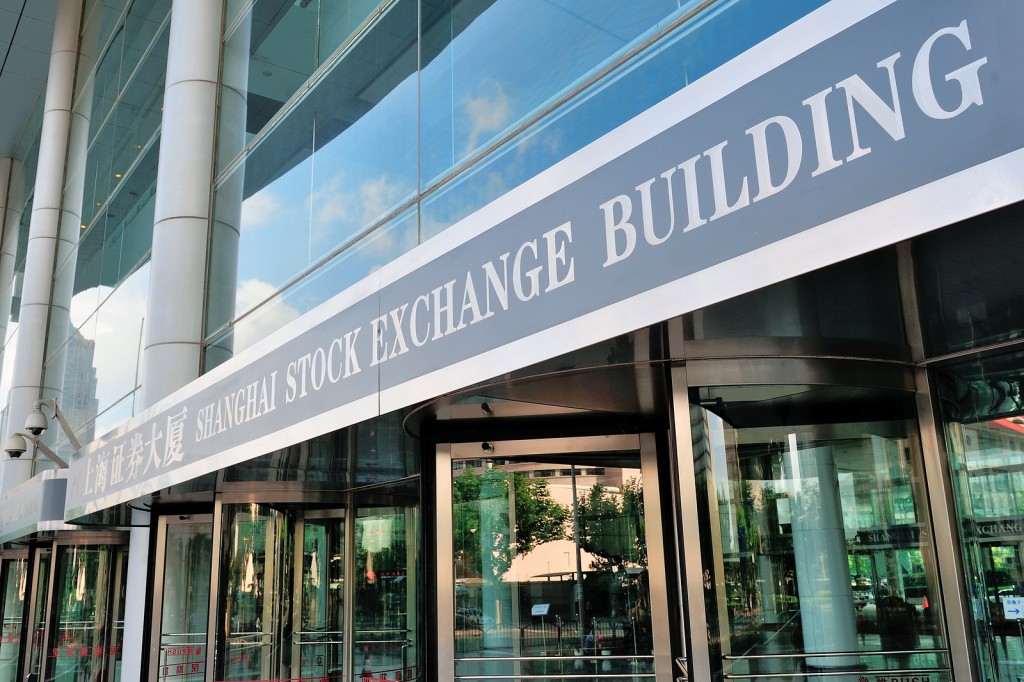Why Wealth Managers Struggle with Managing Investments?
Private Bankers manage a few hundred millions to sometimes billions of investment decisions a year. Most Wealth Managers advise investments that range from $10,000 to a few hundred thousands for each client.
Related:
- List of Important Asset Classes
- What Investment Products Can You Place in Your Clients’ Portfolio?
- Why Advisors End Up Focusing on Insurance, Estate Products, Less on Investments?
- 7 Key Investment Products in Personal Banking
Since investments help to grow client’s assets, it is often the most discussed and calibrated decision. Unfortunately, many Wealth Managers, Personal Bankers, Priority Bankers, Private Bankers and Financial Advisors struggle with managing Investments.
We look at why it is so hard to manage investments:
No. 1 The Number of Investment Products
Equities or Bonds? Via Unit Trust, Exchange Traded Funds or Structured Products? Do you manage foreign exchange, interest rate and issuer risks? Do you manage liquidity and cashflow of the investments? Do you focus on domestic, regional or global portfolio?
Where do you start?
Table of Investments:
| Assets | Vehicles | Derivatives | Instruments |
| Cash Equivalents | Unit Trust | Options | Interest Rates |
| Equities | Mutual Funds | Futures | Foreign Exchange |
| Bonds | Exchange Traded Funds | Forwards | |
| Commodities | Listed Trusts | Swaps | |
| Real Estate | Structured Notes | ||
| Insurance Linked |
No. 2 Investment Acumen vs Investment Management

Getting a professional investment or advisory certificates gives you more knowledge and credibility. But how does that add value to you?
Or you start to get really good at investments? You spotted a few investments that generated a few hundred percent returns.
- Do you take profit?
- Should you liquidate some?
- What if the strategy turns against you?
- What if your client have more funds for you to invest into?
- What if your client is retiring in a few years?
These are hard decisions to make. Investment Management though less exciting than spotting great ideas, provides a professional process of determining investment decisions, risks and returns.
What if you are on holiday or away for an extended period of time? What would your clients do during a crisis or an arising opportunity?
No. 3 Knowledge & Execution Know-How
It is fun, exciting and quite an achievement to navigate through Wind, Bloomberg or Thomson Reuters, analysing cashflow & financial statements, using sophisticated technical analysis and tools, and discovering which platforms to trade for equities, bonds, futures and derivatives.
- How about the reporting standards?
- How do you switch different currencies?
- How do you account for compounding and annualised returns?
Did you do well because of good fortune, economic boom or your investment expertise? It might take a few years, and at least 1 or 2 crisis to discover more.
No. 3 Relying on Tips & Inside Information
Meeting a CEO or Fortune 500 company for the first time? Did you just ask him how is business? And he replied: “good.”
You took that as a signal to invest into their stocks. Unfortunately, CEOs of listed companies are not able to provide material information on their business and financial performance. If they had disclosed to you, they could be liable for committing a regulatory offence such as “Insider Trading.”
Wealth Managers, especially early in their career make the mistakes of getting information from Stockbrokers, Investment Bankers or Related Persons who hold material information.
No. 4 Falling Prey to Rumour Mills, Exaggerated Financial News

Do you know that many stock exchanges require listed companies to have minimal trading volume yearly? Failing to do so, might prompt a de-listing process.
To spur active trading and volume, some companies with lesser trading volume have to rely on analysts and small brokerage firms to generate publicity – thereby generating trading activities and volume. This somehow creates the perfect setup for some traders to prey on the additional liquidity.
With the help of financial news broadcasters, the stock is thrown into the limelight, attracting tons of investors. Inevitably, wealth managers would heard of the rising stock or be asked by client:” Is the stock worthwhile getting into.”
Or maybe you might have got hold of news of a potential acquisition … … but what if the deal fell through?
- Rogue Trader
- 20 Traders Who Lost More than a Billion
- 10 Trading Quotes from the 5 Greatest Traders of All-Time
No. 5 Dependant on Experts & Trusted Experts
Assuming Wealth Managers survived being fascinated by investments, and filtering the buzz of the market, they have to get past the experts and trusted experts, who feed them professional analysis, backed by extensive research everyday.
Can your best experts be wrong? Can your most trusted experts be wrong? Every financial institution has a panel of experts, and up and coming experts, who do you listen to for investments?
How do you decide?
No. 6 Following Big Names: Boon or Bane

Call out the names of JP Morgan, Goldman Sachs, Bank of China, KKR, Warren Buffett, Li Ka-Shing and Wang Jianlin, few would have the courage to disagree with them (in the open).
Would you rather get your clients to follow the investment advisory from the biggest names, or to follow a small investment firm? How about yourself?
Since they are the “market-makers” and have considerable influence in global economy, they are able to impact financial decisions and outcome.
Do you follow them or not?
No. 7 Rotating to Alternative Investments, Private Equity & Non-Regulated Investments.
When all else fails, you start to think of alternative investments. Perhaps there would be an ideal investment that provides stable and higher returns, without compromising risks.
Here comes another learning experiment or experience.
No. 8 Zero Due-diligence on Products, and Products Originators

Despite the increased transparency, Wealth Managers do not have the tools and expertise to do due-dillgence on products and products originators.
- Do you know which legal jurisdiction is the contract liable in?
- Are you aware of soft dollar commissions?
- Are you aware of conflict of interests in the products?
- Are you aware of a conspiracy?
- Do you have any tools to analyse the security of the financial products?
No. 9 The 2% Annual Management Fee
Hedge Funds, Fund Manages, Discretionary Portfolio Managers and Private Banks all focus on getting you to entrust your clients’ assets to them to manage, in generating a 2% fee income annually.
Regardless of the investment outcome, your client’s assets decrease by 2% yearly. And if you managed to survive many of the potential pitfalls above.
No. 10 Duty of Care
Or perhaps simply, when investments go wrong, who will help you to talk to your clients? Is this why you struggle with managing investments for your clients?
Are you proficient in managing investments or struggling with managing Investments? Is managing investments difficult or as easy as ABC? Or is there many other factors? What do you think?
Related:
- What Wealth Managers in Singapore Struggle with?
- 8 Reasons Why You Can Construct a Portfolio Wrongly
- What are the challenges of an Investment Advisor?
Sign Up / Register
Caproasia Users
- Manage $20 million to $3 billion of assets
- Invest $3 million to $300 million
- Advise institutions, billionaires, UHNWs & HNWs
Caproasia Platforms | 11,000 Investors & Advisors
- Caproasia.com
- Caproasia Access
- Caproasia Events
- The Financial Centre | Find Services
- Membership
- Family Office Circle
- Professional Investor Circle
- Investor Relations Network
Monthly Roundtable & Networking
Family Office Programs
The 2025 Investment Day
- March - Hong Kong
- March - Singapore
- July - Hong Kong
- July - Singapore
- Sept- Hong Kong
- Sept - Singapore
- Oct- Hong Kong
- Nov - Singapore
- Visit: The Investment Day | Register: Click here
Caproasia Summits
- The Institutional Investor Summit
- The Investment / Alternatives Summit
- The Private Wealth Summit
- The Family Office Summit
- The CEO & Entrepreneur Summit
- The Capital Markets Summit
- The ESG / Sustainable Investment Summit





























